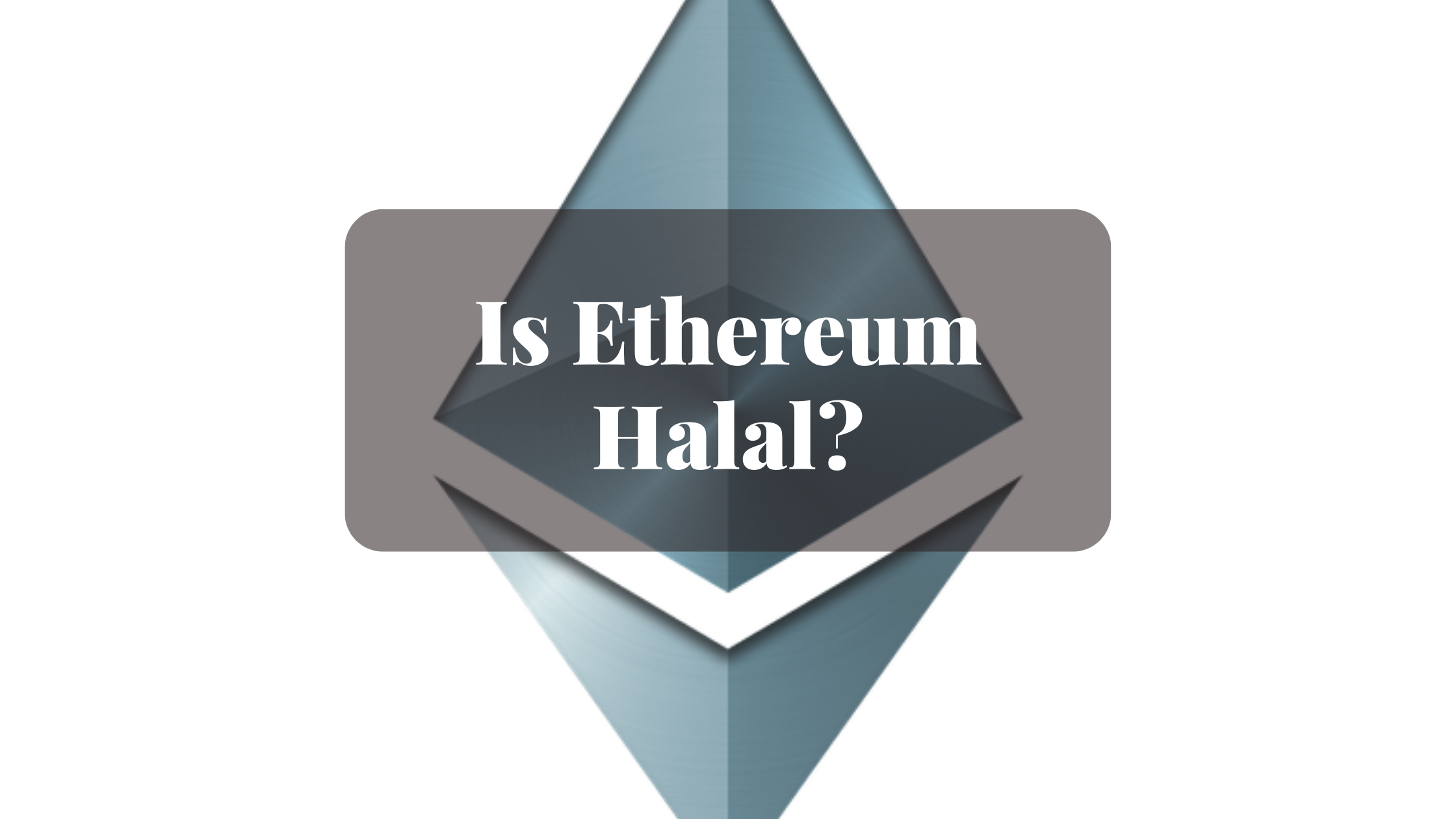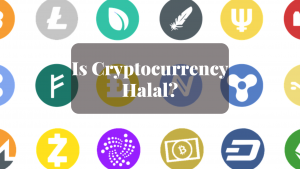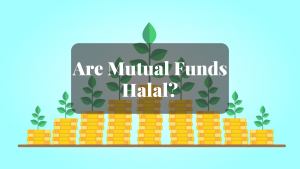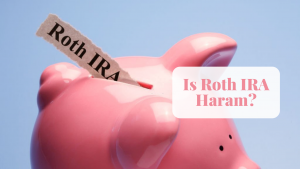Is ethereum halal? This question is at the forefront of discussions surrounding the legality of cryptocurrency. As the world becomes more digitized, the concept of virtual currency has become increasingly popular. However, with this new form of currency comes controversy, particularly among those who follow Islamic law.
Many are left wondering if investing in Ethereum is permissible under the principles of sharia law. The debate surrounding the halal status of Ethereum is complex, and there are various viewpoints to consider. Some argue that it is halal because it operates on a decentralized network and does not require the involvement of traditional financial institutions. Others believe that it is haram because it lacks intrinsic value and is therefore considered a form of gambling. Despite the ongoing debate, it is important for individuals to educate themselves on the subject and consult with knowledgeable scholars to make informed decisions about their investments.
In this article, we will explore the arguments for and against the halal status of Ethereum, and provide answers to the questions you may have about its legality under Islamic law.
What is Halal?
There are a number of behaviours that are considered to be halal, or permissible, according to Islam. These include eating only certain types of food, abstaining from alcohol and gambling, and praying regularly. Some Muslims also believe that it is halal to wear clothes that cover the body completely, including the head for women. This is often seen as a way of showing modesty and humility.
The opposite of halal is haram, which refers to anything that is considered to be forbidden by Islam. This can include eating certain types of food, such as pork, drinking alcohol or gambling.
It is also considered haram to engage in any type of extramarital sexual activity, including premarital sex.
Muslims also believe that it is haram to wear clothes that do not cover the body completely or that are considered to be revealing. This is often seen as a way of showing modesty and humility.
What is Ethereum?
Ethereum is an open-source, decentralized blockchain platform that enables developers to build and deploy decentralized applications (dApps) using smart contracts. Here are some important points to know about Ethereum:
- Blockchain Technology: Ethereum is built on the blockchain technology which is a decentralized, distributed database that is used to maintain a continuously growing list of records, called blocks.
- Smart Contracts: Ethereum uses smart contracts to execute code automatically when certain conditions are met. Smart contracts are self-executing contracts with the terms of the agreement directly written into code.
- Decentralized Applications (dApps): Ethereum allows developers to build decentralized applications that run on the blockchain. These applications can be used for a wide range of purposes, including decentralized finance (DeFi), gaming, voting, and more.
- Ether (ETH): Ether is the cryptocurrency that powers the Ethereum network. It is used to pay for transaction fees and to incentivize miners to process transactions.
- Consensus Mechanism: Ethereum uses a consensus mechanism called Proof of Work (PoW) to validate transactions and create new blocks. However, it is transitioning to Proof of Stake (PoS) which will be more energy-efficient.
- Ethereum Improvement Proposals (EIPs): Ethereum Improvement Proposals are the formal process for proposing changes to the Ethereum protocol. EIPs are discussed, reviewed, and implemented by the Ethereum community.
- Ethereum Virtual Machine (EVM): The Ethereum Virtual Machine is a runtime environment that executes smart contracts written in various programming languages.
- Open-Source Community: Ethereum is an open-source platform, which means that its code is available for anyone to view, use, and contribute to. This has led to a vibrant community of developers and users who are constantly working to improve the platform.
Overall, Ethereum is a powerful blockchain platform that enables developers to build decentralized applications using smart contracts. Its community-driven approach and open-source philosophy have made it a popular choice for a wide range of projects, including DeFi, gaming, and more.
Is Ethereum Halal?
The simple answer is yes – Ethereum is halal. However, there are a few things to consider when it comes to cryptocurrency and Islamic law.
First, it’s important to note that anything that has the potential to create uncertainty or speculation is generally not considered halal. This is because Islam prohibits gambling and anything that could lead to financial harm.
However, cryptocurrency is a bit different than other investments because it’s not tied to any physical asset. This means that there is less risk involved in investing in Ethereum.
Another thing to consider is the fact that Ethereum is decentralized. This means that there is no central authority controlling the currency. This is actually a good thing, as it means that the currency can’t be manipulated by any one person or group.
Overall, Ethereum is a halal investment. But I do urge you to do your own research and make sure that you are comfortable with the risks involved before investing.
Source Reference – The above information is verified via Islamic Finance Guru.
FAQ
What are some alternatives to Ethereum that are considered halal?
Some alternatives to Ethereum that are considered halal by Islamic finance experts include projects like Stellar, Tezos, and Ontology. However, it is important to note that the permissibility of these projects may also be a matter of debate.
How is Ethereum different from Bitcoin?
While Bitcoin is primarily a digital currency used for transactions and value storage, Ethereum is a platform for creating and running decentralized applications. Additionally, while Bitcoin uses a proof-of-work consensus mechanism to verify transactions, Ethereum is in the process of transitioning to a proof-of-stake mechanism, which is more energy-efficient and secure.
Conclusion
There are many different opinions on whether Ethereum is halal or not. However, the majority of scholars seem to agree that it is permissible to use and invest in Ethereum. While there are some risks associated with investing in Ethereum, such as volatility and the possibility of loss, these risks are present with any investment. Thanks for reading!








